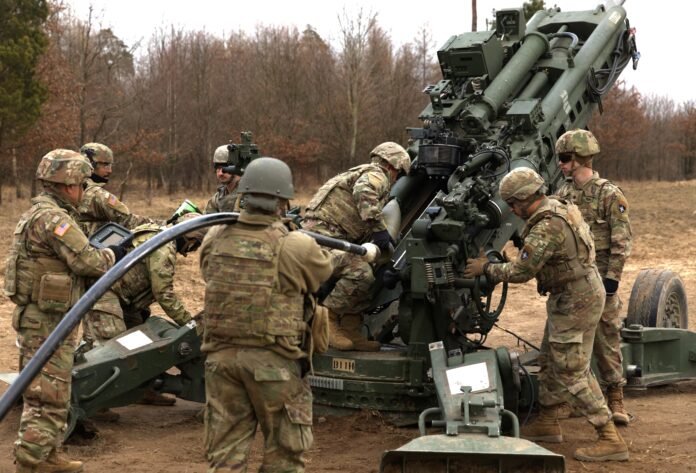The Trump administration’s transactional approach to NATO allies has put key partners like Canada, Denmark and Ukraine on edge, with recent tensions over defense spending, Arctic sovereignty and Ukraine aid exposing fractures in traditional alliances.
While demanding greater burden sharing from partners, the White House has taken a combative stance from Trump’s abrupt withdrawal of Ukraine funding to his administration’s push for control of Greenland. The president’s recent remark that “friends have been worse than foes” underscores his skepticism of multilateral ties.
Some Republicans defend the strategy. “Alliances should serve U.S. interests first,” said Senator JD Vance, questioning recent naval operations protecting European trade routes. Defense Secretary Pete Hegseth has called European defense efforts “pathetic.”
Yet national security experts warn against alienating partners. “However frustrating, allies multiply American power,” cautioned one Pentagon official, noting NATO’s role in countering China and Russia. The administration appears divided, with some officials pushing for tougher deals while others seek to preserve core alliances.
As reciprocal tariffs take effect and Ukraine negotiations loom, the coming months will test whether Trump’s “America First” approach can extract better terms without permanently damaging strategic partnerships.
For more political updates, visit DC Brief.


